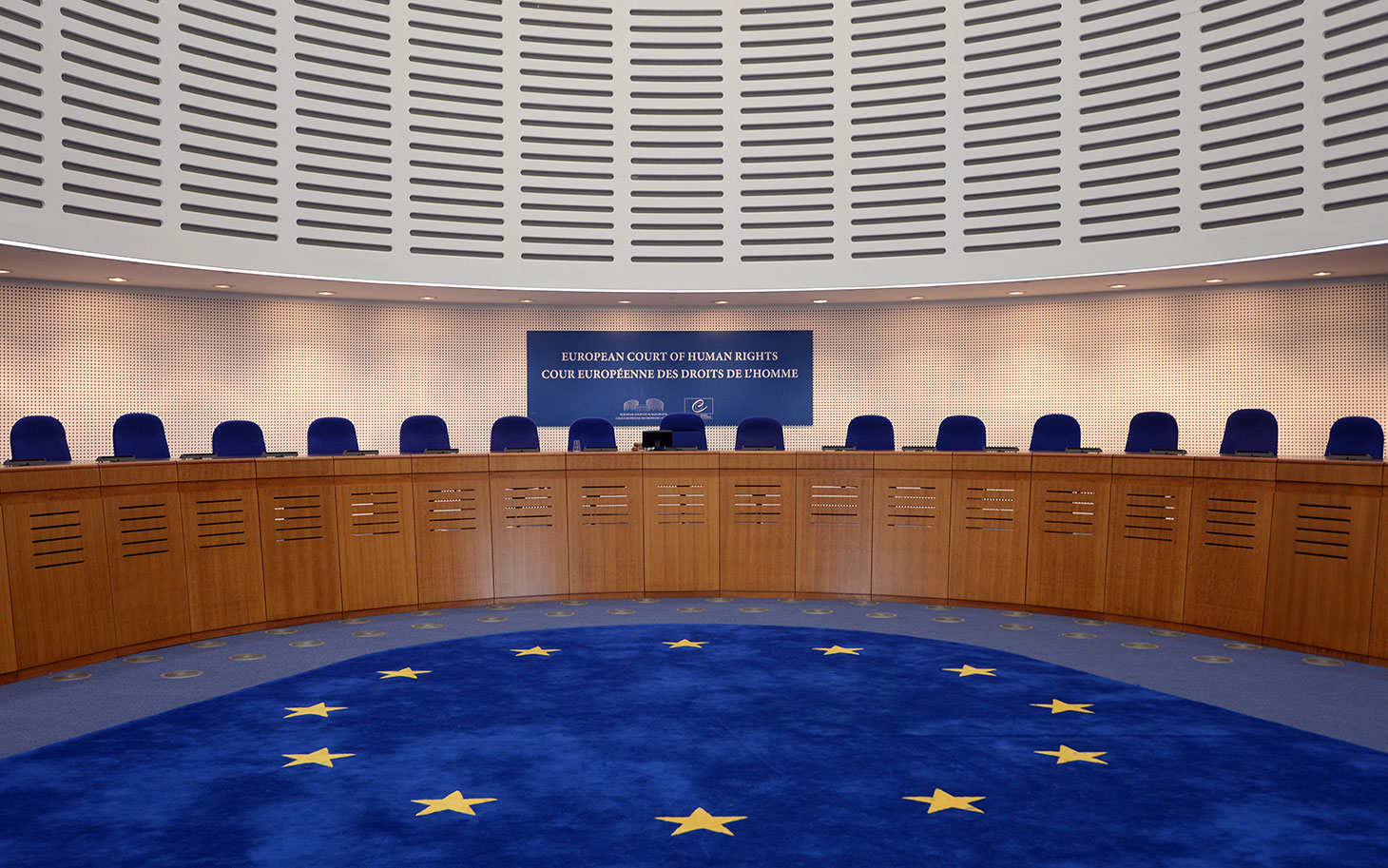


On February 6, 2020, the European Court of Human Rights made a judgment on the case of Sakvarelidze v. Georgia. The case concerns the death of applicant Mariam Sakvarelidze’s son and sister as a result of a crash between an armored military vehicle (AMV) and the car, and the ineffectiveness of the launched investigation on the car accident.
According to factual circumstances, on November 22, 2003, during the Rose Revolution protests, the applicant and her family members were traveling in Tbilisi by own car. Their car was hit by an armored military vehicle driven by either law enforcement or a military officer. As a result of the accident, the applicant’s son and her sister died, while the applicant and her nephews sustained bodily injuries.
In 2003, the Ministry of Defense of Georgia launched an investigation regarding the car accident. From 2003 to 2017 various entities (Ministry of Defense of Georgia, Ministry of Internal Affairs and Tbilisi Prosecutor’s office) had been investigating the criminal case. During this time the investigation was terminated number of times, however, it was resumed upon the victim’s request. In 2017, the Prosecutor’s Office of Georgia terminated the investigation due to the expiry of the statute of limitation of the crime, so that details of the incident have not been properly clarified within the investigation.
The applicant appealed to the European Court of Human Rights in 2010 seeking a finding of a violation of various rights by the state. The Human Rights Center represented interests of the applicant.
According to a judgment of February 6, 2020, the Strasbourg Court has found a violation of the procedural aspect of Article 2 of the European Convention (on the Right to Life) against the applicant. The European Court noted that the incident took place on November 22, 2003, and the investigation ended thirteen years later in 2017. According to the court, the investigation into the incident was protracted and was characterized by certain inactivity; however, the investigative authorities have not presented any convincing reason for protracted investigation. The court further noted that in the very early stages of the investigation the person who had been driving the AMV had been identified, the witnesses were questioned and the relevant examinations conducted. However, nevertheless, investigative authorities allowed the criminal proceeding to stagnate for more than ten years, which resulted in the expiry of the statute of limitation in 2013 and termination of investigation in 2017 without establishing the criminal responsibility of the AMV driver.
The European Court also considered whether the respondent State was responsible for the death of the applicant’s relatives. In this respect, the court explained that the factual circumstances of the case (for example, the speed at which the AMV had been traveling, the side of the road on which it had crashed into the car driven by the applicant’s son) were all in dispute between the parties. Accordingly, without knowledge of such crucial facts it was impossible for the court to properly assess whether the respondent state should be held responsible for the death of the applicant’s son and sister. However, the court explained that it is exactly because of ineffectiveness of the domestic investigation that the Court has been prevented to rule on the responsibility of the respondent State under the substantive limb of right to life.
According to the judgment, Georgia was imposed to pay EUR 25, 000 to the applicant in respect of non-pecuniary damage.
ჯ. კახიძის #15, თბილისი, საქართველო, 0102 ; ტელ: (995 32) 95 23 53; ფაქსი: (995 32) 92 32 11; ელ-ფოსტა: gyla@gyla.ge; www.gyla.ge
15, J. Kakhidze str. 0102, Tbilisi, Georgia. Tel: (995 32) 95 23 53; Fax: (995 32) 92 32 11; E-mail: gyla@gyla.ge; www.gyla.ge